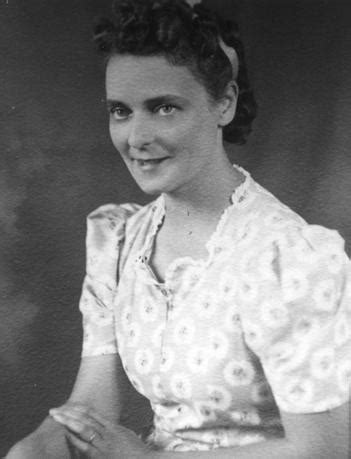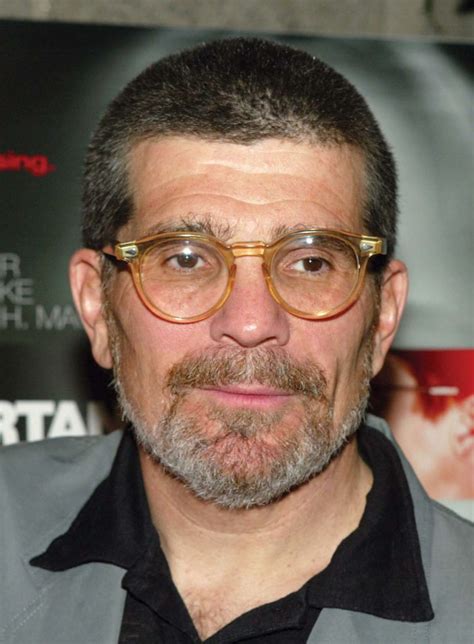A Quote by Stefan Zweig
Only that which points the human spirit beyond its own limitations into what is universally human gives the individual strength superior to his own. Only in suprahuman demands which can hardly be fulfilled do human beings and peoples feel their true and sacred measure.
Related Quotes
Every epoch which seeks renewal first projects its ideal into a human form. In order to comprehend its own essence tangibly, the spirit of the time chooses a human being as its prototype and raising this single individual, often one upon whom it has chanced to come, far beyond his measure, the spirit enthuses itself for its own enthusiasm.
Reason cannot desire for man any condition other than that in which not only every individual enjoys the most absolute, unbounded freedom to develop himself out of himself, in true individuality, but in which physical nature, as well, need receive no other shaping by human hands than that which is given to her voluntarily by each individual, according to the measure of his wants and his inclinations, restricted only by the limits of his energy and his rights.
No matter what part of the world we come from, we are all basically the same human beings. We all seek happiness and try to avoid suffering. We have the same basic human needs and concerns. All of us human beings want freedom and the right to determine our own destiny as individuals and as peoples. That is human nature.
The only true liberty is in the service of that which is beyond all limits, beyond all definitions, beyond all human appreciation: that which is All, and which therefore is no limited or individual thing: The All is no-thing, for if it were to be a single thing separated from all other things, it would not be All.
Peace or harmony between the sexes and individuals does not necessarily depend on a superficial equalization of human beings; nor does it call for the elimination of individual traits and peculiarities. The problem that confronts us today, and which the nearest future is to solve, is how to be one's self and yet in oneness with others, to feel deeply with all human beings and still retain one's own characteristic qualities.
in addition to the conditions under which life is given to man on earth, and partly out of them, men constantly create their own, self-made conditions, which, their human origins notwithstanding, possess the same conditioning power as natural things. whatever touches or enters into a sustained relationship with human life immediately assumes the character of a condition of human existence. this is why men, no matter what they do, are always conditioned beings. whatever enters the human world of its own accord or is drawn into it by human effort becomes part of the human condition.
Physical weather certainly is beyond our control. ... But human weather - the psychological climate of the world - is not beyond our control. The human race is its own rain and its own sun. It creates its own cyclones and anti-cyclones. The ridges of high pressure which we sometimes enjoy, the troughs of low pressure which we so often endure, are of our own making and nobody else's.
With only one life to live we can't afford to live it only for itself. Somehow we must each for himself, find the way in which we can make our individual lives fit into the pattern of all the lives which surround it. We must establish our own relationships to the whole. And each must do it in his own way, using his own talents, relying on his own integrity and strength, climbing his own road to his own summit.
The nativity mystery “conceived from the Holy Spirit and born from the Virgin Mary”, means, that God became human, truly human out of his own grace. The miracle of the existence of Jesus , his “climbing down of God” is: Holy Spirit and Virgin Mary! Here is a human being, the Virgin Mary, and as he comes from God, Jesus comes also from this human being. Born of the Virgin Mary means a human origin for God. Jesus Christ is not only truly God, he is human like every one of us. He is human without limitation. He is not only similar to us, he is like us.
The blues is an art of ambiguity, an assertion of the irrepressibly human over all circumstance whether created by others or by one's own human failings. They are the only consistent art in the United States which constantly remind us of our limitations while encouraging us to see how far we can actually go. When understood in their more profound implication, they are a corrective, an attempt to draw a line upon man's own limitless assertion.






































